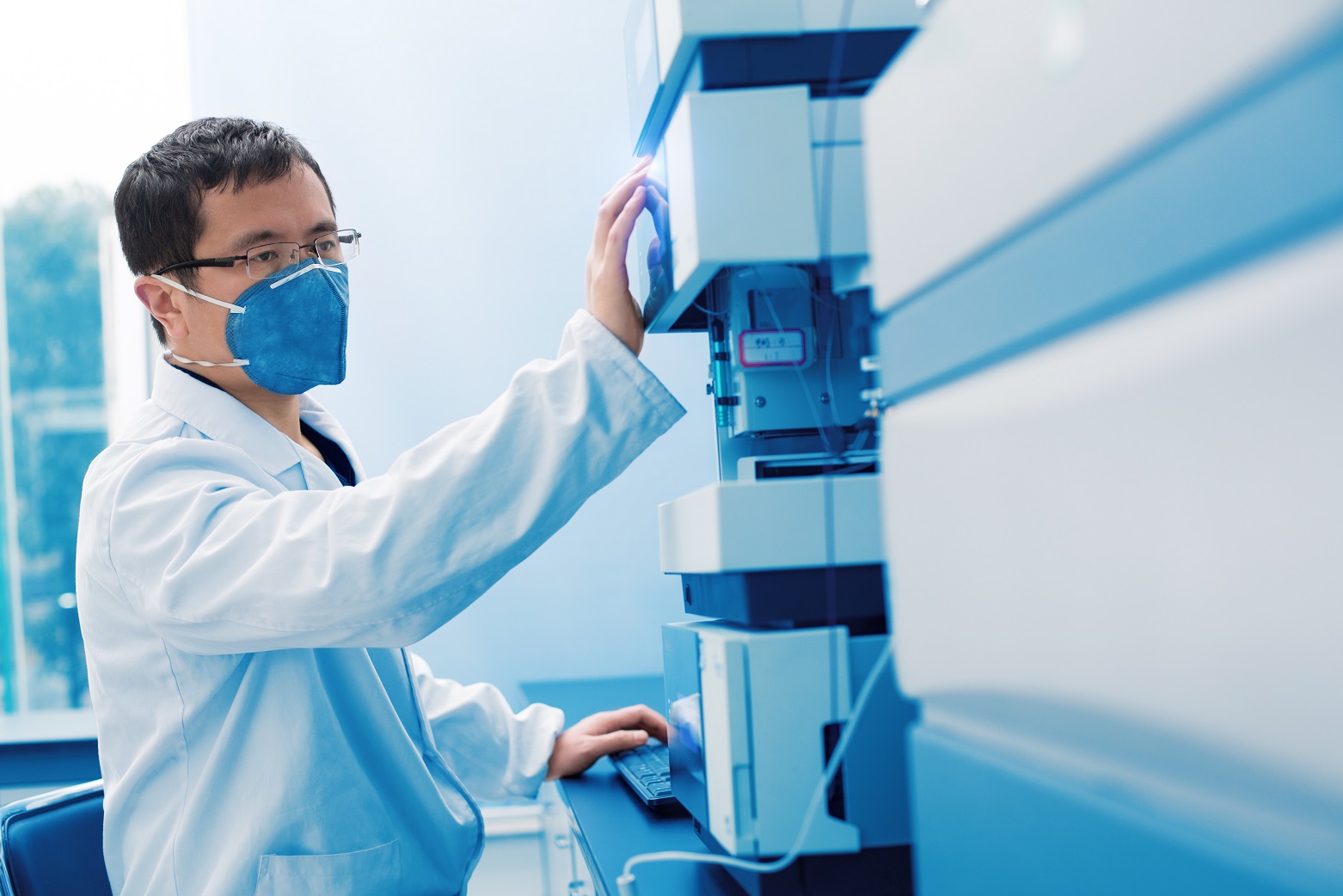Have you ever wondered whether the blood pressure meter you are using is accurate?
Did you know that thermometers need to be regularly calibrated?
Have you ever stopped to think about the piece of hospital equipment used by nurses and doctors to assess or treat your condition, and wondered whether the equipment is routinely maintained by a group of qualified engineers and technicians?
Clinical engineers work to ensure that medical equipment in hospitals meet the required quality and safety standards to provide a safe environment for all front-line staff, patients, and their family members within the hospital setting.
What do Clinical Engineers do?

Clinical engineering is a specialty within biomedical engineering that supports and advances patient care by applying engineering and managerial skills to healthcare technology. Clinical engineers are expected to provide engineering solutions to medical professionals, and therefore must acquire both engineering and medical knowledge. Those with a passion for these two fields are suitable for a career in clinical engineering. In most hospitals in Hong Kong, clinical engineers are usually known as biomedical engineers.
Clinical engineers work behind the scenes to ensure tools and equipment systems used by doctors, nurses, and other healthcare professionals are operational, safe, and effective. With the rapid advancement of medical technologies, clinical engineers must keep up to date on new developments and continually upgrade the hospital’s inventory of medical equipment and systems as needed.
Clinical engineers are also required to work alongside other healthcare professionals, as they are responsible for planning and selecting medical equipment and technologies for different clinical departments within the hospital. Their goal is to acquire systems that improve the quality and safety of patient care services offered by the hospital.
As an example, a patient falling from the bed is a very serious incident, especially if a caretaker does not notice it immediately. Since it is not realistic to station a nurse next to a patient around the clock, a clinical engineer may suggest the installation of a fall alarm system for every patient bed within the hospital. A central alarm located in the nurses’ station immediately alerts a nurse if a patient under monitoring is out of his/her bed.
Clinical engineers are also involved in the acquisition of various medical technologies for the hospital. Thanks to the work of clinical engineers, a local hospital recently upgraded its Cardiac Catheterization Unit. In the past, if complications arose during an interventional procedure, patients would be transferred from the catheterization laboratory (also known as a “cath lab”) to the operation theatre for further treatment. With new advancements in medical technology, the clinical engineering team suggested establishing a hybrid cath lab, which functions as a cath lab and operation theatre, so that patients do not need to be transferred from one location to another, thus greatly increasing patient safety.
Routine inspections are carried out by clinical engineers on a daily basis to ensure every piece of medical equipment within the hospital is functioning normally. However, unexpected equipment failure still occurs from time to time, and clinical engineers should be prepared to provide immediate maintenance support so as to minimize disruption to hospital operations and to safeguard the quality of patient care.
Successful clinical engineers often have a passion for medical technology and improving patient care through engineering. Tasked to ensure the safety and quality of the hospital’s medical equipment, clinical engineers must be well versed in the international and local standards and regulations of medical devices.

Career Path of a Clinical Engineer
Clinical engineering is a specialty within biomedical engineering. Biomedical engineering graduates may join this industry as a biomedical equipment technician, trainee biomedical engineer, or graduate biomedical engineer. In the private hospital sector, Hong Kong Adventist Hospital is currently the only hospital that provides The Hong Kong Institution of Engineers (HKIE) Scheme “A” Training for biomedical engineering graduates. Completion of this training allows graduates to further progress in their career within this industry. With enough relevant working experience, they may apply to become Corporate Members under HKIE’s biomedical discipline upon passing of Professional Assessment.
Written by Ir Cristina LEUNG from the Biomedical Division of the HKIE



